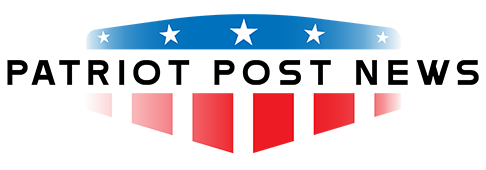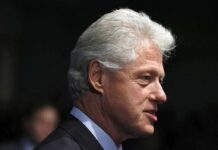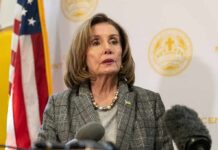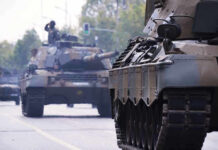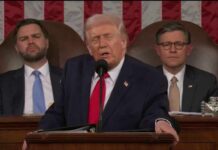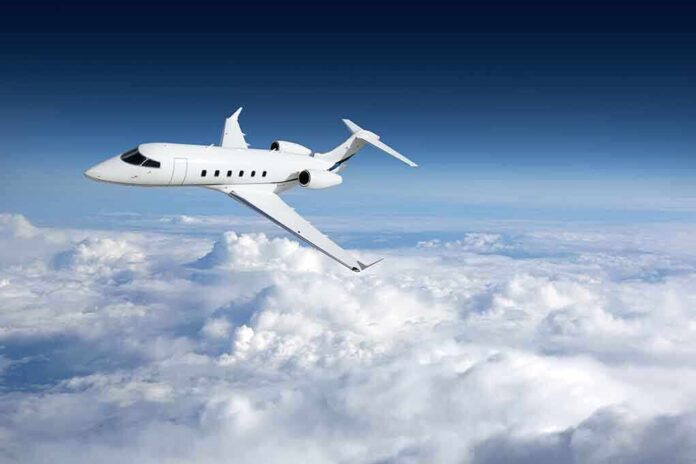
After nearly a year of diplomatic freeze, Venezuela’s socialist government agrees to resume commercial flights with Panama despite ongoing tensions over Maduro’s contested presidency.
Key Takeaways
- Commercial flights between Panama and Venezuela will resume after a year-long suspension due to diplomatic tensions over Panama’s refusal to recognize Maduro’s presidency.
- The Association of Venezuelan Airlines announced flights will restart gradually, with Copa and Venezolana Airlines among the first carriers to resume operations.
- Panama’s President José Raúl Mulino seeks broader diplomatic improvements, including Venezuela’s agreement to accept deportees from Panama.
- Despite this thaw with Panama, Venezuela recently banned flights from Colombia, accusing them of “destabilization plots” ahead of legislative elections.
- The flight resumption signals a potential strategic shift in regional relations despite Panama’s earlier calls for review of Maduro’s contested election results.
Flight Resumption Amidst Ongoing Regional Tensions
The socialist regime in Venezuela has agreed to allow commercial flights to and from Panama after a nearly year-long suspension, indicating a slight warming in relations despite persisting ideological differences. This development comes after Panama, like the United States under President Trump’s leadership, refused to recognize Nicolás Maduro’s controversial re-election as Venezuela’s president. The diplomatic standoff led to Venezuela suspending all commercial air travel between the two nations as part of broader retaliatory measures against countries challenging Maduro’s legitimacy, which many international observers consider deeply flawed.
“The Association of Venezuelan Airlines said that flights would resume ‘gradually.'” said by The Association of Venezuelan Airlines
Panamanian carrier Copa Airlines and Venezolana Airlines have already begun advertising flight schedules between the two countries. This resumption of air connectivity will likely benefit thousands of travelers who have been forced to use complicated and expensive alternative routes over the past year. While this represents a practical improvement in bilateral relations, it falls short of resolving the deeper diplomatic rifts between Panama’s pro-democratic stance and Venezuela’s increasingly authoritarian government under Maduro’s leadership.
Airlines Prepare for Immediate Operations
The practical implementation of the flight resumption appears to be moving forward rapidly, with airlines that already held operating permits before the suspension being cleared to resume services according to their scheduling capabilities. The aviation industry in both countries has welcomed this development after enduring significant financial losses during the suspension period. For Panama’s economy, which relies heavily on its position as a regional transportation hub, the restoration of Venezuelan flight routes represents an important economic opportunity.
“All of the airlines that had permits can begin to operate when their itineraries allow” said by Marisela De Loaiza
While air travel resumes with Panama, Venezuela maintains its flight ban with neighboring Colombia, highlighting the selective nature of Maduro’s diplomatic strategies. The Venezuelan government recently suspended Colombian flights, citing alleged “destabilization plots” ahead of Venezuela’s legislative elections. This inconsistent approach to regional relations reveals Maduro’s tendency to weaponize transportation and trade connections based on perceived political threats rather than economic considerations, creating an unpredictable environment for regional businesses and travelers.
Migration Issues Complicate Diplomatic Restoration
Panama’s President José Raúl Mulino has tied the flight resumption to broader diplomatic objectives, specifically mentioning the need for Venezuela to accept deportations of Venezuelan migrants from Panama. This highlights how the migration crisis spawned by Venezuela’s economic collapse under socialist policies continues to strain regional relations. Panama, like many countries bearing the burden of Venezuelan refugees, seeks practical cooperation on migration management even while maintaining political distance from the Maduro regime.
Panama was among the first countries to call for a review of Venezuela’s presidential election results after Maduro claimed victory in a widely contested election. This stance aligned Panama with the United States and other democratic nations questioning the legitimacy of Maduro’s continued rule. The flight resumption does not indicate Panama’s retreat from this position, but rather a pragmatic approach to managing necessary cross-border connections despite ongoing political disagreements about Venezuela’s governance under Maduro’s authoritarian control.
